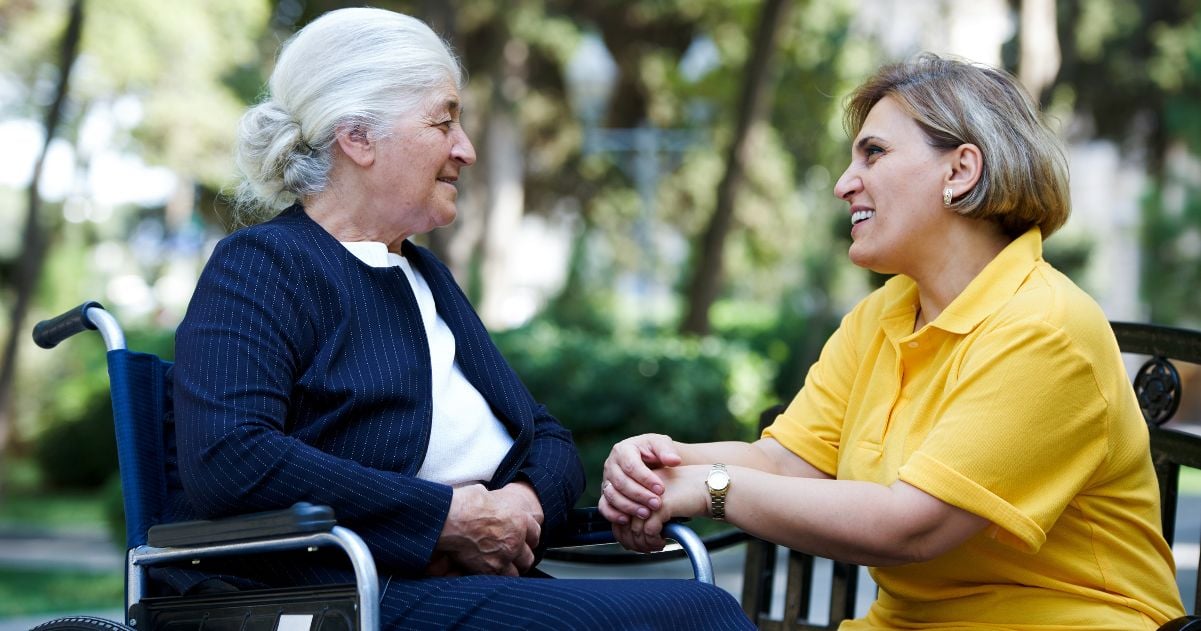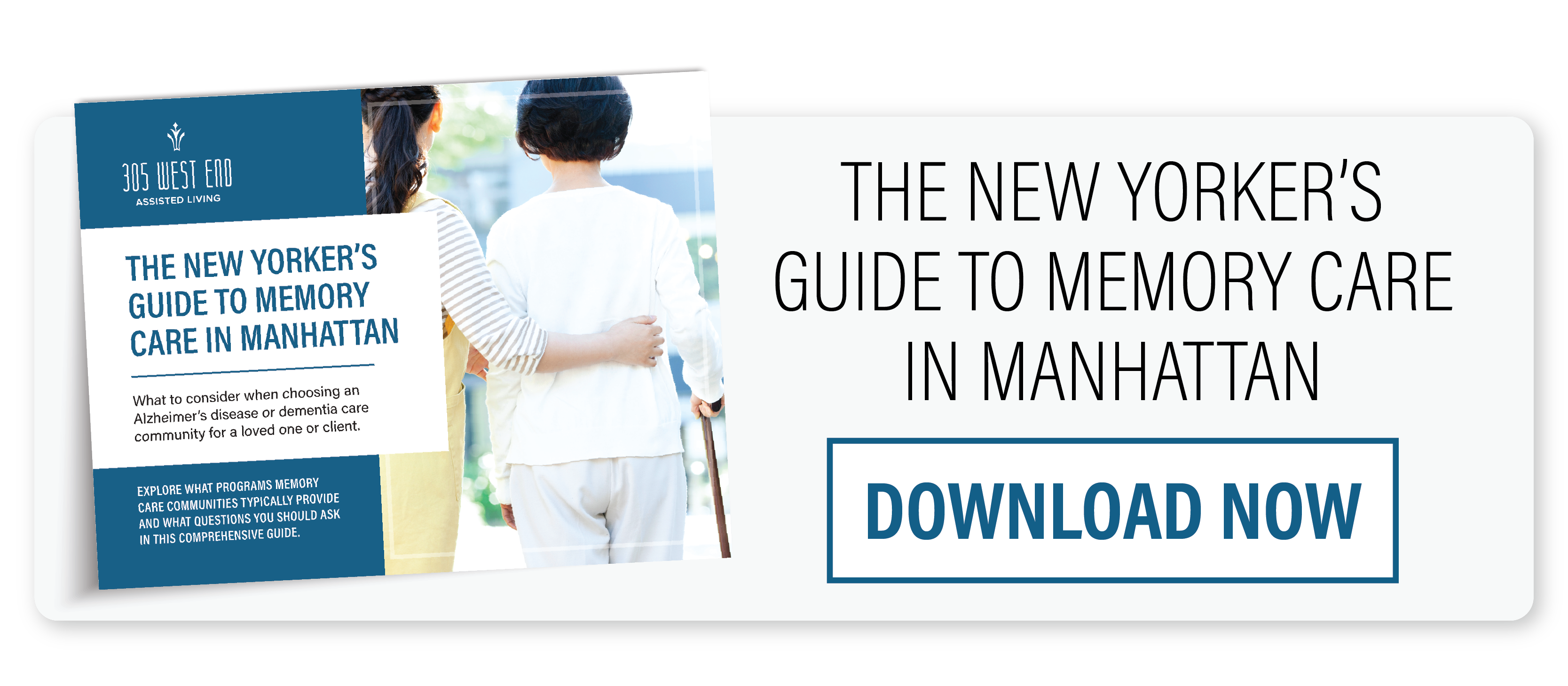Assuming the role of caregiver for a loved one diagnosed with Alzheimer’s disease or dementia can be overwhelming. Fear of the unknown, combined with the reality of taking care of your loved one’s daily needs, can leave you feeling physically, mentally, and emotionally drained.
While undoubtedly stressful at times, serving as a caregiver can be a rich and rewarding experience. We've curated some practical tips and resources to help make your journey easier to navigate.
Research Power of Attorney and Caregiving Options
Learning as much as possible about your loved one’s diagnosis will help you anticipate future challenges and manage expectations — reducing stress for both of you. It also provides an opportunity to involve your loved one in the decision-making process regarding long-term care options.
Things to research and consider include:
- Power of Attorney/Guardianship. Deciding who will make healthcare and financial decisions on your loved one’s behalf is a difficult but necessary topic to address. Seeking guidance from an attorney specializing in elder law is a good place to start.
- Living Arrangements. While your loved one with Alzheimer’s or dementia may be living independently now, it’s essential to consider their ability to remain safe as the disease progresses. Having an established plan will eliminate the stress of finding suitable living arrangements on short notice.
Create a Daily Schedule

Developing a daily schedule removes the stress of deciding what to do next — freeing you to spend more time with your loved one. A set routine also lets your loved one know what to expect throughout the day — helping them maintain independence.
When creating your schedule, consider your loved one’s preferences and strengths. Also, keep in mind what times of the day they have more energy and when they need to rest, and plan accordingly.
A typical schedule might include:- Daily grooming — brushing teeth, shaving, etc.
- Bathing
- Getting dressed
- Meals
- Activities
Foster Independence
Finding the balance between supporting your loved one while helping them remain as independent as possible can be difficult. Completing tasks like setting the table or folding laundry can help build confidence and self-esteem.
Give your loved one the freedom to work on the tasks they can handle. Keep in mind they may need extra time — so patience is important.
Work on one activity at a time, providing clear and simple instructions. Eliminating distractions will help your loved one focus and lower their chances of becoming frustrated.
Plan meaningful activities your loved one enjoys doing. For more tips on helping your loved one remain independent and engaged in life-enriching activities, click here to read our blog.
Set Aside Time for Yourself

Providing the best care to your loved one means you need to take care of yourself first. Whether it is a quiet cup of coffee each morning or a peaceful walk through your neighborhood, make sure you set aside time for yourself each day.
Getting enough sleep, daily exercise, and proper nutrition are also important. Joining a local support group with individuals who understand your challenges may also be beneficial.
If you need a break, don’t be afraid to ask for help. Respite care programs — provided either in the home or in a residential community — are becoming more popular. It is a good idea to research and try the program before an emergency arises.
For additional self-care tips, read our blog on Simple Self-Care Ideas.
Evaluating Memory Care in Manhattan
When considering the future care needs of your loved one, you may find it helpful to research the memory care communities near you. The team at 305 West End has designed a guide to help you in your search. Our complimentary guide includes:- An overview of what to look for in a memory care community
- Factors to compare and evaluate during your search
- Questions to ask during your visit







